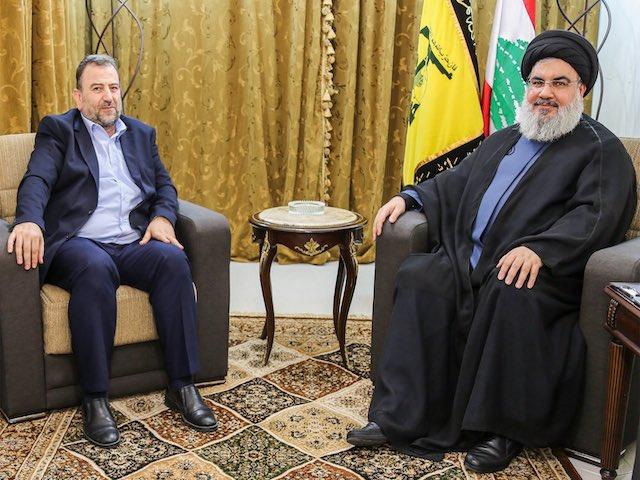In a significant escalation of tensions in the Middle East, Saleh al-Arouri, a high-ranking member of Hamas, was killed in a precision drone strike in a Beirut suburb. The operation, which has been attributed to Israeli forces, marks a critical juncture in the ongoing conflict between Israel and Hamas.
Dr. Basem Naim, a representative of Hamas, confirmed the assassination to international media, directly implicating Israel in the strike. The Israel Defense Forces (IDF), maintaining their standard protocol in covert operations, have not issued a comment on the incident.
According to Hezbollah TV Hamas dep head Saleh al Arouri was killed in an explosion south of Beirut. Three others were killed by a bomb laden drone.
— David Atherton (@DaveAtherton20) January 2, 2024
Al Arouri was one of the founders of Hamas' military & leader of the group in the West Bank.
This is believed to be the scene. pic.twitter.com/rUyAbu2IYg
Lebanese state media reported that the strike, believed to be orchestrated by the Israeli military, targeted a Hamas facility in the area. The attack resulted in six fatalities and numerous injuries. While initial reports were unclear, Hamas's official Telegram channel later confirmed al-Arouri's death, suggesting that the strike might have also neutralized other key Hamas figures.
In a related development, Danny Danon, a member of Israel's ruling Likud party, openly commended "the IDF, the Shin Bet, the Mossad, and the security forces" for the operation, as translated by The Judean from Arabic. This acknowledgment, albeit unofficial, points to a strategic shift in Israel's approach to tackling threats posed by Hamas.
March in support of AL arouri held in Ramallah pic.twitter.com/gJUAoSKtn9
— Mossad Commentary (@MOSSADil) January 2, 2024
The Palestinian Authority (PA), led by President Mahmoud Abbas, has announced a general strike in the West Bank in retaliation for the assassination. This move underscores Hamas's influence in the West Bank, despite its waning support in Gaza, as revealed by recent polls. Gaza residents have increasingly expressed discontent with Hamas's governance, which has often led to escalated conflicts and civilian hardships.
Lebanese Prime Minister Najib Mikati condemned the strike, framing it as an attempt by Israel to drag Lebanon into a renewed phase of conflict. His statement highlighted the delicate balance Lebanon is trying to maintain amid regional tensions and its efforts to dissociate from the Gaza conflict. Mikati's appeal to the international community to pressure Israel reflects the broader regional implications of the incident.
🚨ISRAEL IS NOT PLAYING GAMES🚨
— Nelson Epega (@nelsonepega) January 2, 2024
One of the most senior Hamas leaders, Salah Al Arouri, was just killed in an Israeli drone strike in Beirut, Lebanon.
Cred: Visegrad pic.twitter.com/lTOgs40o22
The situation is further complicated by the ongoing exchanges of fire between Hezbollah and Israeli forces along the border. Mikati reaffirmed Lebanon's commitment to the United Nations resolution for peace between Israel and Lebanon. His statement seemed to suggest that any decision for a broader conflict rests with Israel, highlighting the precarious situation in the region.
🚨BREAKING: NEW FOOTAGE FOR THE ASSASSINATION.
— Palestine Now (@PalestineNW) January 2, 2024
Another scene from the scene of the assassination of the leader Saleh_Al-Arouri and the Qassam leaders in Lebanon. pic.twitter.com/YsYXFRBmOy
In conclusion, the assassination of Saleh al-Arouri and the subsequent developments mark a pivotal moment in the Israel-Hamas conflict, with potential ramifications for the broader Middle East. As the IDF remains silent on the matter, the international community watches closely for the next developments in this ever-evolving geopolitical landscape.


